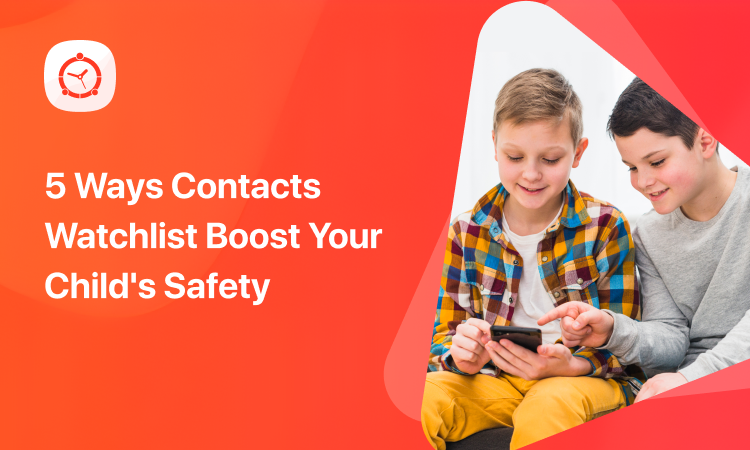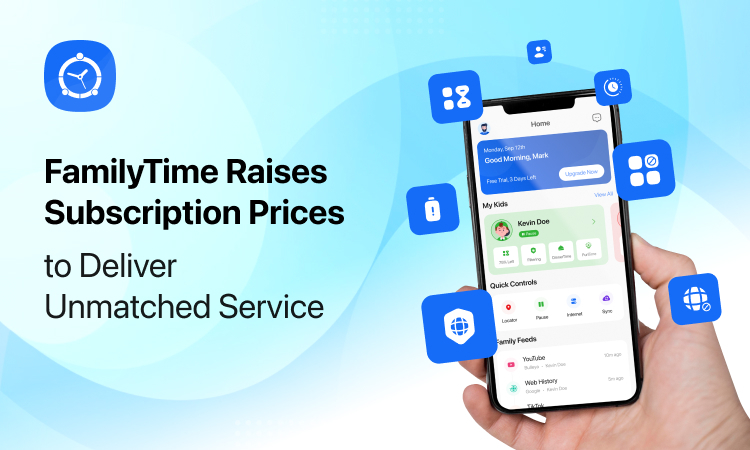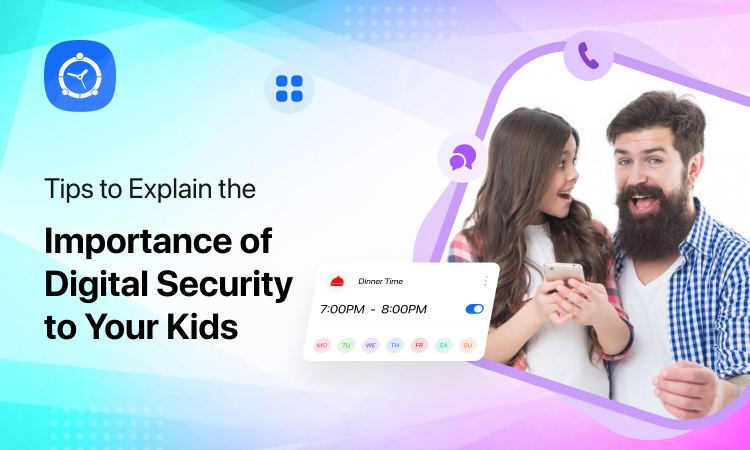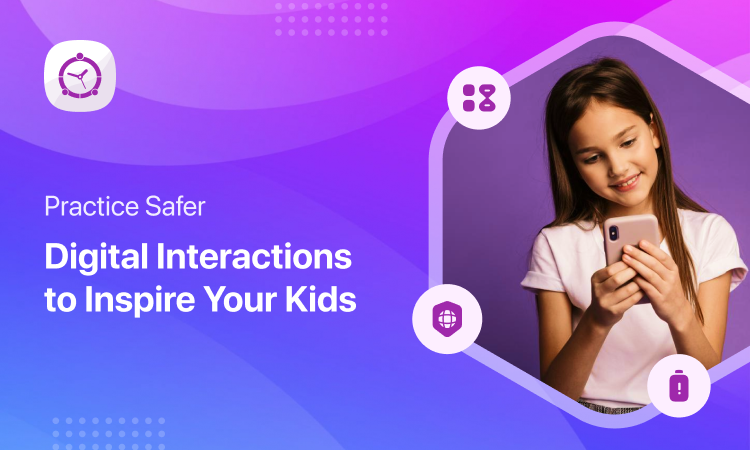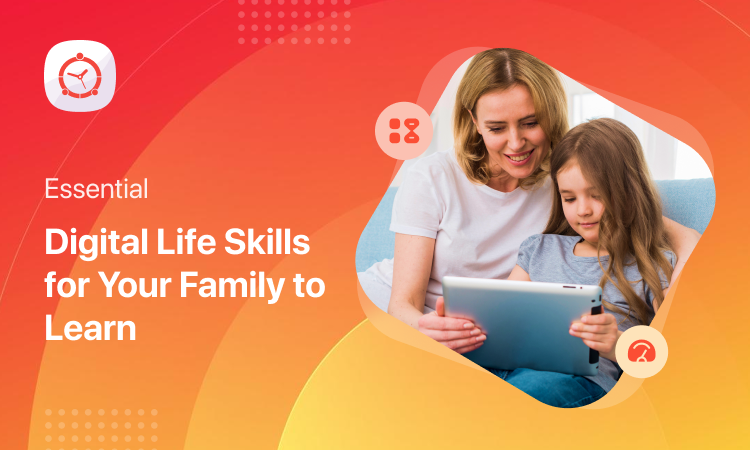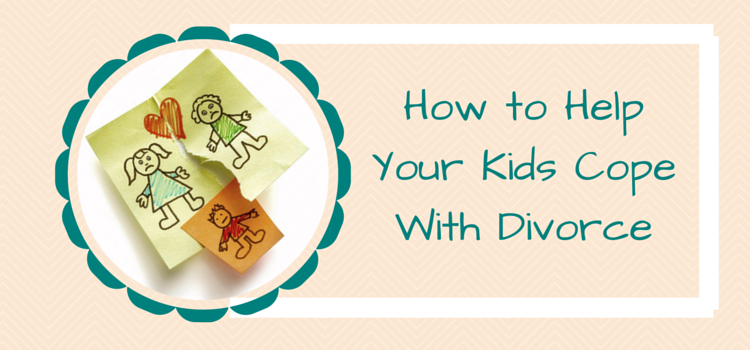
Divorce is never easy – noisy arguments, frequent fights and hurt; it can be a pretty exhausting mental and physical trauma. And during this phase and after, children are often the worst-affected ones. Even if the children are quite young, the affect is significant and if not dealt with properly can lead to a nasty damage to their personality and cognition forever.
So if unfortunately, you are planning a divorce, make sure you have considered your children. Here are some issues and tips to help you make it easy for your children.
Divorce – Is that Really That Common?
Call it lack of will to adjust, bad decision or simply misfortune, but divorce rate in the US has been on the steady rise and more and more couple with children chose to split up. Stats indicate that shockingly, about 50% of all marriages will end up in divorce with a divorce happening every 13 seconds!

As shocking as it is, there is more likelihood for second marriages to end up in divorce more than the first marriage.
Major Reasons Leading to Divorce
From a cheating spouse to some lethal misunderstanding, divorce can have complicated, varied reasons but as researchers at Instant Check Mate suggest, the top five reasons leading to a divorce are:
- Not enough or poor communication
- Money matters
- Hurt and abuse
- The spouse not attractive anymore
- Extramarital affairs
Effects on Children
In most cases, the children suffer the most. In some case they are not taken into confidence and the news of their p0arents getting divorced often catches them off-guard. This can be a big blow to their world leading to personality damage and confusion. As the stats suggest:
- Children from divorced families are twice as much likely to get dropped out of school.
- It leads to dropping grades and poor academic performance.
- They often tend to develop psychological, behavioral and academic problems.
- 25% of the divorced family children get estranged from their families.
There are several short-term and long-term effects of divorce on children as laid out by Framed LightScap3s, LLC. In this infographic:
How to Help Your Child Cope with Divorce

Breaking up is bad but if you don’t help your children, it can get ugly. How one child will take the news may vary drastically from another. Your child may not show any disturbing signs but may be suffering secretly and it can affect his cognition and personality immensely. So as you come to the decision of splitting up, consider your children and how to break it to them. These tips can help you making it a little easy for you and your children:
Explain the situation to your child
Take enough time and talk about it top your children, preferably individually. As I mentioned earlier that it varies from child to child and you may have to talk to your children differently based on their age and perception. And most importantly, your children must hear it from you. Don’t let them hear it from someone else.
Be open to discussion and be honest
Don’t make up excuses and just state what the actual reason for your divorce is. Often times, children observe more than what they’re told and there are chances they already know it. So try to open up to your children and tell them why it’s not suitable for you to live with your partner and how it can be beneficial for you both. And if your children have any questions, better answer them patiently. You must also be prepared for any extreme reaction from them when you break the news to them.
Sort out co-parenting issues beforehand
It is most practical to sort out any child-custody or co-parenting arrangements before you split up. It will save you time and energy and it’s best for you and you children if you go through the arrangements and terms with your partner in an amicable way.
If your partner plans to re-marry, let I be known to your kids in advance and plan accordingly. In situations where parents agree on co-parenting, using parental control apps are the best option. Apps like FamilyTime will let you collaborate and plan on child-custody arrangements and your children can get time and attention from you both. Familytime lets you stay in touch with what’s happening in your children’s lives and there is little left to blame the other parent for. You can plan alternating on picking and dropping your children to school and can both get alerts if there is any emergency with your child.
Don’t make your children messengers
After your divorce, it is bets if you don’t talk about the other parent with your child and in no circumstance should you consider conveying messages to your ex through your child. This can be the most damaging thing to their personality. Again, apps like FamilyTime help you communicate with your ex so you don’t have to involve your child in nasty arguments or hateful conflicts.
Talk to your child and do it more often
No matter how busy you are with your office work or how awkward it is for you but you need to talk to your child about how they are coping and you need to this quite often. Keep assessing to what degree they have accepted the reality and how they are making progress with it. Meeting their teacher and discussing how they are doing at school can be very helpful. When you talk to them you can better judge if they find themselves guilty for what happened between you two or not. And if this is the case, you should talk them out of this guilt.
In the end, keep reminding yourself that your divorce has nothing to do with your parental responsibilities and that it is no excuse being away from your children. Even if the mother has the custody for your child, it should not mean father-absence or vice-versa. Your child needs you both and it is their right to have your presence and contribution in their upbringing.



